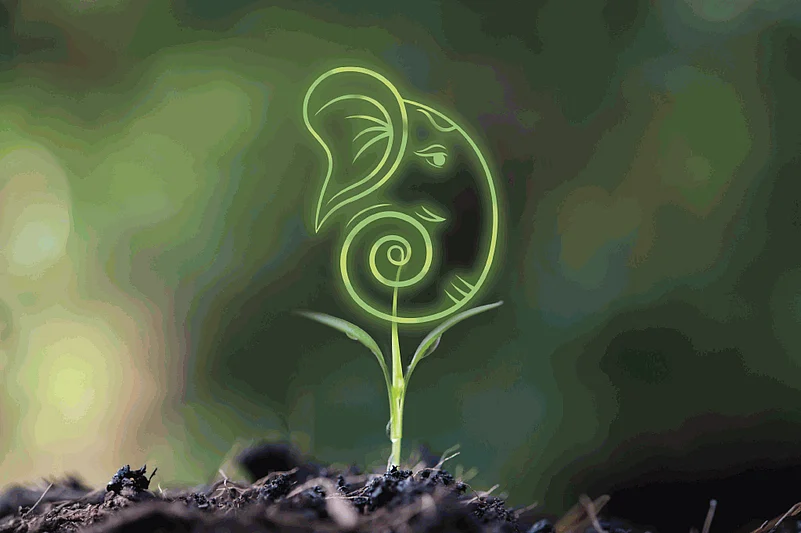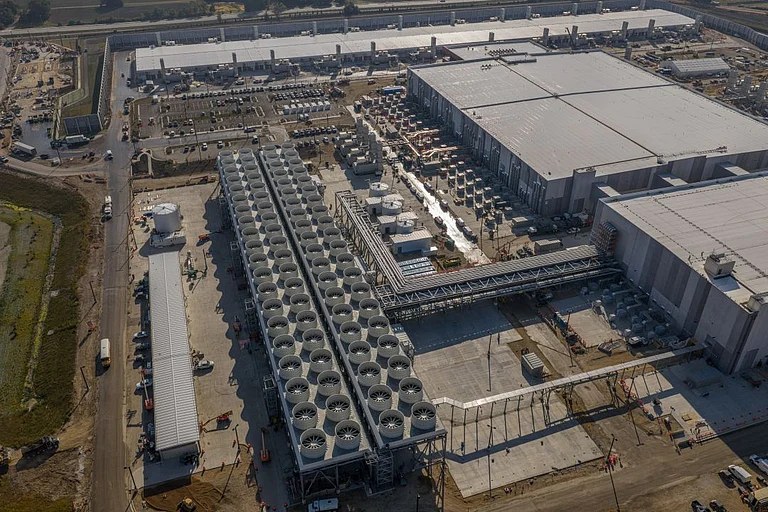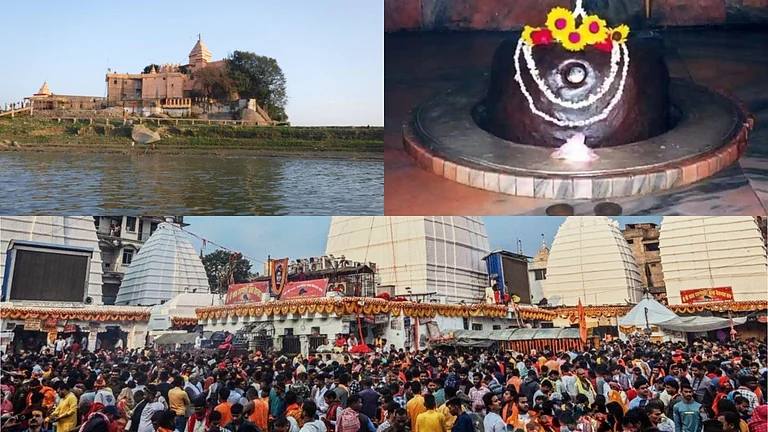Festivals form an integral part of our country’s rich cultural heritage, and Ganesh Chaturthi is one of the most widely celebrated festivals in India. Dedicated to commemorating the birth of Lord Ganesha, revered as ‘Vighnaharta’ or the remover of obstacles. This vibrant festival lasts for ten days. In 2025, Ganesh Chaturthi celebrations and rituals will begin on Wednesday, August 27. For a complete overview of all the auspicious timings and a full list of ritual guidelines, be sure to read our Ganesh Chaturthi 2025: Puja Date, Muhurat & Key Do's And Don'ts, with the Madhyahna Ganesha Puja Muhurat scheduled between 11:06 AM and 1:40 PM.
While Ganesh Chaturthi is a time for spiritual reflection and joy, if not celebrated mindfully, it can have a significant negative impact on the environment. One of the major concerns is the immersion (Visarjan) of idols in water bodies, which often results in water pollution. Traditionally, many idols are made from Plaster of Paris (PoP) and painted with synthetic colors containing toxic substances like lead and mercury. When these idols are immersed in rivers, lakes, or oceans, they release harmful chemicals that contaminate water and pose a threat to aquatic life and public health.
Besides water pollution, the festival also contributes to a large volume of solid waste. Decorative items, synthetic flowers, plastic packaging, and other non-biodegradable materials used during the celebrations are often discarded irresponsibly. This adds to the mounting waste management challenges in cities and towns.
To celebrate Ganesh Chaturthi in a way that respects both tradition and the environment, here are essential tips for a sustainable festival:
Opt for Eco-Friendly Idols

Choose idols made from natural clay or biodegradable materials that dissolve easily in water and do not release harmful substances. Many artisans today use eco-conscious materials, and some even embed seeds inside the idols so they can grow into plants after immersion. One innovative approach is creating edible Ganesha idols using vegetables or chocolate. A chocolate idol can be melted in milk during Visarjan, and the resulting mixture can be used to prepare sweets for distribution to the underprivileged. Similarly, vegetable idols can be immersed and then fed to those in need. To understand the broader spectrum of idol craftsmanship, including these eco-friendly innovations, read our guide about the 9 Types Of Ganesh Idols & Making Traditions In India.
Opt for Artificial Immersion Tanks
Instead of immersing idols in natural water bodies, consider using artificial immersion tanks. These tanks prevent pollution of lakes, rivers, and seas, especially when these sources are used for drinking water. Many municipalities now set up such tanks to encourage responsible immersion practices. Using them not only protects the ecosystem but also sets a positive example for others.
Decorate with Natural Colors
Avoid chemical-based paints and colors. Use natural alternatives like turmeric, sandalwood, henna, or flower-based colors for painting idols and decorating pandals. These options are safer for both the environment and the individuals involved in the decoration process.
Restrict Plastic Use
Reduce reliance on single-use plastics by choosing sustainable options. Replace plastic decorations, cutlery, and bags with reusable or biodegradable materials like cloth, paper, bamboo, or jute. Decorations made from natural elements such as flowers, leaves, and coconuts can be composted afterward, reducing your festival’s ecological footprint.
Promote Awareness in the Community
Encourage your community to adopt eco-friendly practices by raising awareness. Organize local workshops, school events, or online campaigns to educate others about the environmental impact of traditional festivities and how small changes can make a big difference. When one household makes a change, it can inspire others to do the same.
By making mindful choices, we can ensure that our celebrations are spiritually fulfilling and environmentally sustainable. From choosing eco-friendly idols to reducing plastic use and managing immersion rituals responsibly, each step contributes to protecting our planet. Let this Ganesh Chaturthi be a celebration not only of devotion and tradition but also of our collective commitment to a greener and cleaner future.
Compost Organic Waste
Set up composting systems at home or within your community for disposing of flowers, fruits, and organic offerings. This helps convert waste into useful compost for gardening, reducing the burden on municipal waste systems.
Encourage Digital Celebrations
For those unable to participate physically, promote virtual darshan (viewing of the idol) and online aarti (prayer) sessions. This reduces crowding, lowers carbon footprints from travel, and still allows people to participate spiritually.
Even in grand public celebrations, the movement towards sustainability is growing. To see how these principles can be applied on a larger scale and to witness some of India's most impressive Ganesh idols, consider visiting the India's 8 Most Famous Ganesh Chaturthi Pandals To Visit, many of which are now adopting greener practices.
Let us remember that Lord Ganesha is also known as the god of wisdom. Celebrating his festival wisely means being kind not just to each other but also to nature. By making small and thoughtful changes in the way we celebrate, such as using eco-friendly idols, reducing plastic, and managing waste responsibly, we can keep our surroundings clean and healthy. This Ganesh Chaturthi, let us welcome Bappa into our homes and hearts with devotion and also with care for the planet we all share.



























